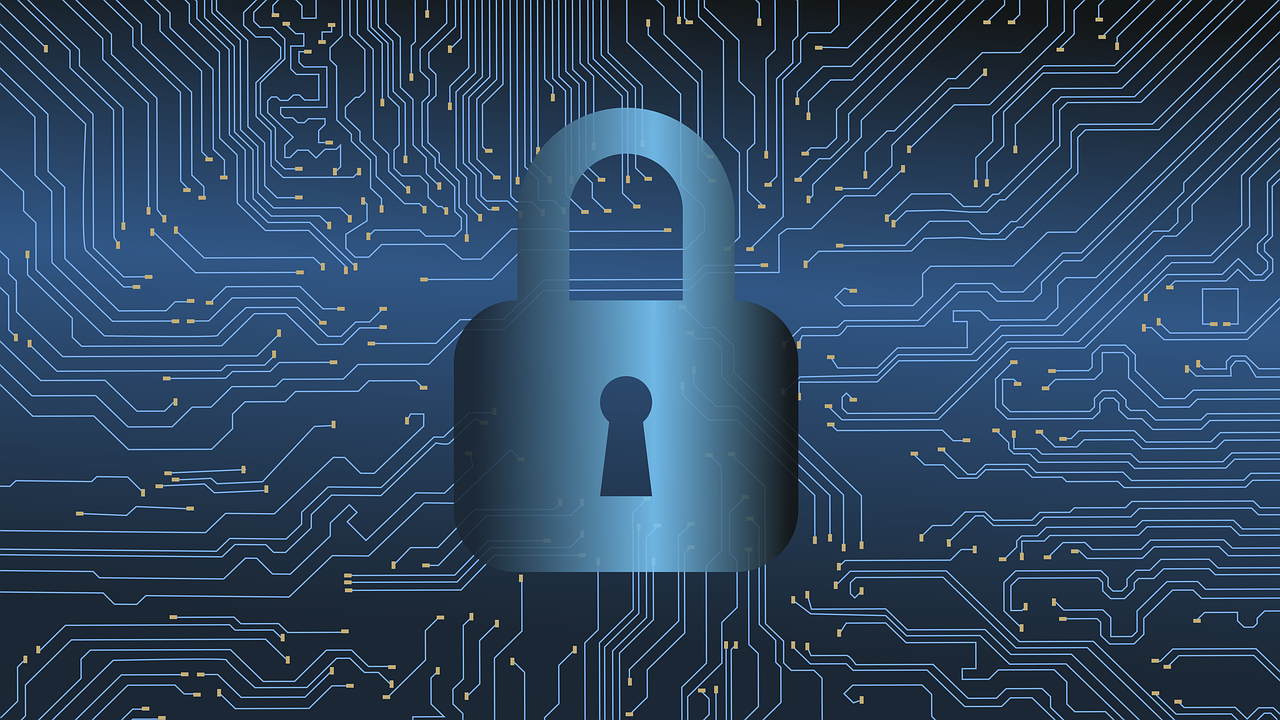
Cyber Liability Insurance: Protect your Digital Assets
Before the internet age, if someone wanted to see your business’s files, they’d have to pull off a major heist. Imagine, someone sneaking into an office at night, slinking to the back room to pick the lock of the filing cabinet and pawing through dozens of manila folders as the minutes ticked away, the lookout nervously listening for sounds of a police siren. Now, our world relies on computers and data is stored “digitally,” making that brick-and-mortar heist potentially a whole lot easier for a sophisticated information thief, the hacker.
If you own a business, chances are you have some form of volatile electronic data under your control. Legally, you are responsible to secure personal data from your customers, similar to the regulations in the EU. Credit card information, account numbers, social security numbers, and other private data can quickly become part of a swipe from a competent hacker. The reality is you need insurance to cover this emerging threat, whether your business is small or offers public stock options.
Small businesses are actually the most at risk because they are not as well-equipped with software and monitoring to detect a breach. Property Casualty 360, a news source for insurance providers cites that 85% of all data breaches occur at the small business level. The average cost of that breach? A staggering $300,000.
The term cyber can refer to a broad range of data and information used in a digital format. Network security, digital data storage, and even digital media like a website can fall under this coverage.
Although this threat is still relatively new, the insurance industry offers a broad range of coverage for cyber liability. Though many policies are nuanced to fit the needs of the business being insured, most cover the costs associated with a data breach including customer notification, credit monitoring, restoring data security, and possible lawsuits due to a data theft.
Before you purchase cyber liability insurance, you’ll need to know what’s at stake with your business. Erica Constance, divisional director, FINEX Global urges, “No two businesses are the same when it comes to cyber risks, therefore it is key to understand the cyber risks your business faces and to ensure your cyber policy is tailored to mirror those risks.” Do you process credit card transactions for electronic bill pay? Do you maintain a database of personal information for lead generation? Any type of personal information stored digitally needs to be covered in the event of a data breach.
In order to set up a policy, the insurer will most likely need an overview of your business’s cyber policies and protection. For instance, the insurer may ask what your risk management plan involves. They may want details about the way employees access data. They will surely want to know what anti-virus and malware detection programs you use, and how you handle a detected threat. The next step will be tailoring a policy that fits your unique risks and allows you to respond to a breach with financial security.
In this digital age, cyber liability insurance is an essential tool to protect your assets. Take time to discuss your needs with your insurance provider, and determine the best way to keep your business safe from the prying eyes of data thieves.
If you have questions about cyber liability insurance, contact us today.


